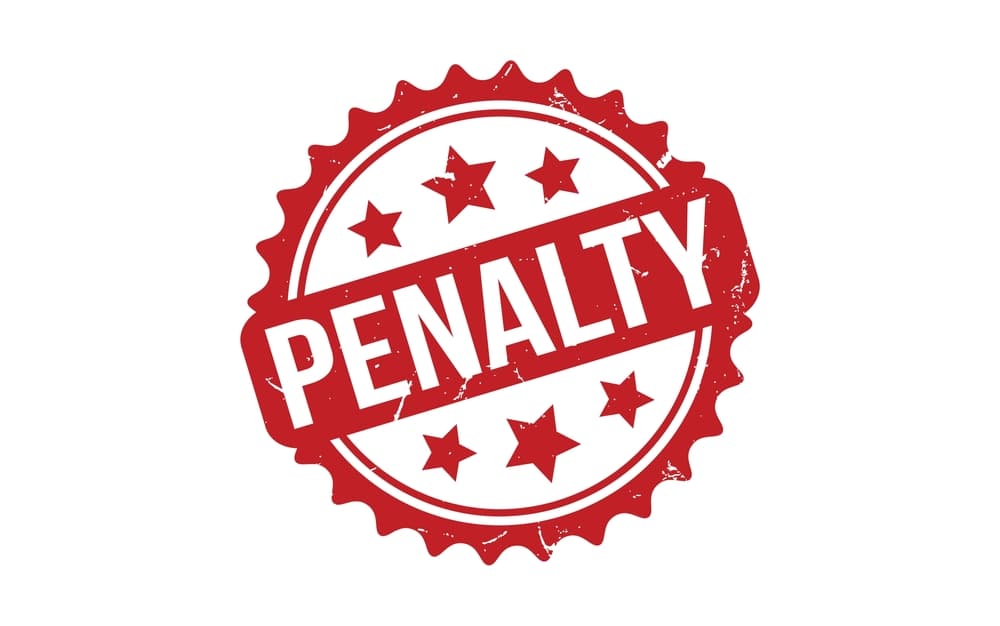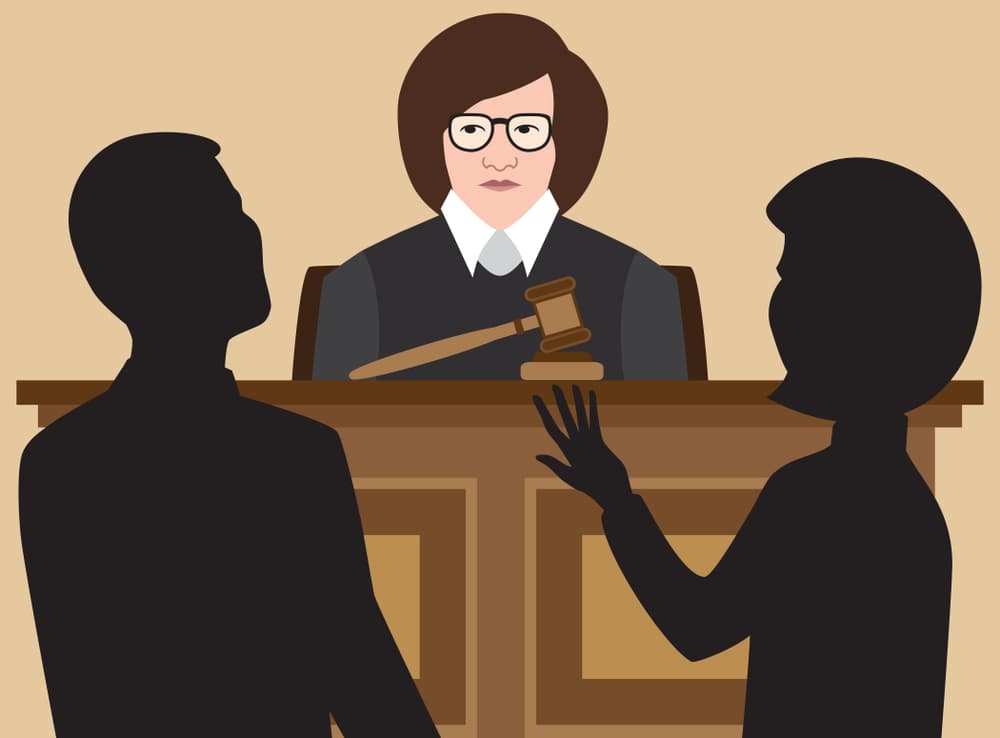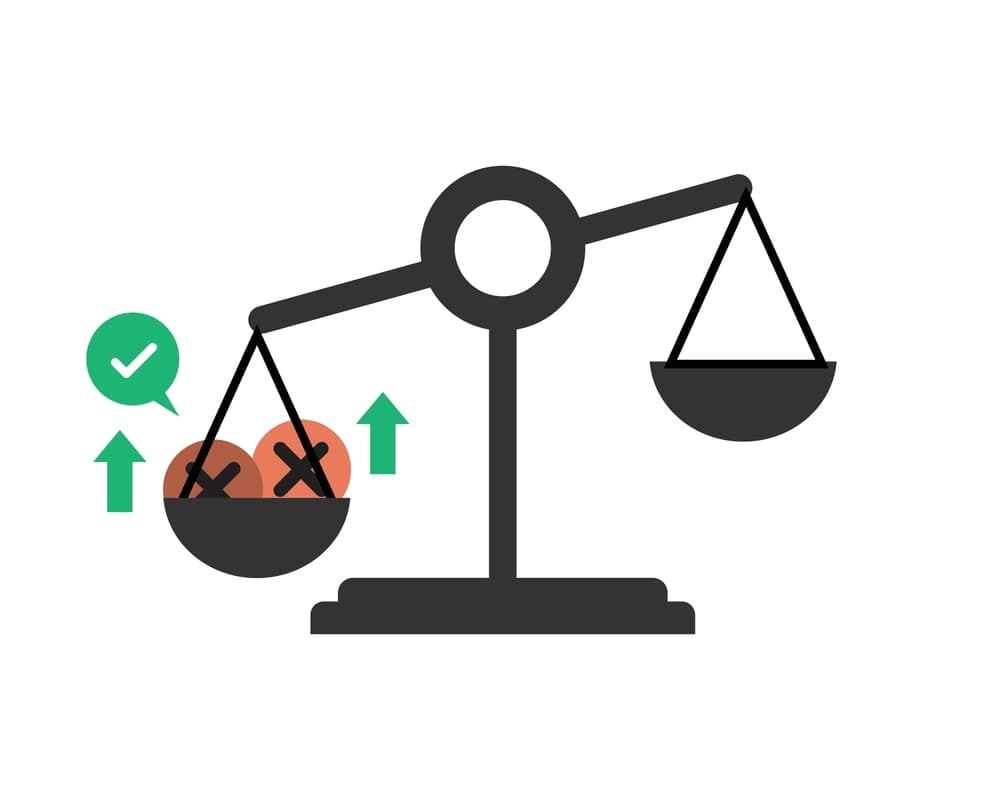Taking criminal theft charges seriously is critical because the consequences can significantly affect your life. A conviction may result in severe penalties, including fines, probation, or even imprisonment, depending on the severity of the charge.
Furthermore, a criminal record can hinder your future employment opportunities, housing options, and even affect your personal relationships. The stigma associated with theft convictions can follow you for years, making it difficult to rebuild your reputation. Given these potential consequences, it’s important to take criminal theft charges seriously and seek qualified legal representation to protect your rights.
A theft crime lawyer can determine your eligibility for various legal defenses, negotiate a plea deal with state prosecutors, or pursue a favorable result on your behalf in court.
Common Theft Charges
Theft charges can vary depending on the circumstances of the crime, the value of the allegedly stolen property, and the intent behind the action. Prosecutors typically categorize theft into several common types, each with its own penalties and legal implications. Here are some of the most common categories of theft charges:
- Petty Theft – Petty theft involves stealing property of relatively low value, usually under a certain dollar amount, which varies by state. In many states, this limit is around $500 or less. Petty theft is often charged as a misdemeanor and can result in fines, probation, or even short jail sentences.
- Grand Theft – Grand theft refers to stealing property of significant value, typically above the monetary threshold for petty theft. This threshold can range from $500 to $1,000, depending on the state. Grand theft is considered a felony and can lead to more severe penalties, including longer jail sentences and larger fines.
- Shoplifting – Shoplifting is a specific form of theft involving the unlawful taking of goods from a retail store. Depending on the value of the stolen items, shoplifting can be charged as either petty theft or grand theft. Repeat offenses may result in harsher penalties.
- Embezzlement – Embezzlement occurs when someone in a position of trust, such as an employee or a financial advisor, illegally takes money or property with which they were entrusted. Embezzlement cases can involve small sums of money or large-scale financial schemes, with penalties depending on the amount stolen and the nature of the breach of trust.
- Robbery – Robbery is a more serious form of theft that involves using force or the threat of force to steal property from someone. Because robbery involves violence or intimidation, it is considered a violent crime and is typically charged as a felony. Penalties for robbery are much more severe than for non-violent theft crimes.
- Burglary – Burglary involves entering a building or structure with the intent to commit theft or another crime. Unlike robbery, burglary does not require direct confrontation with a victim. Burglary is generally considered a felony and can lead to significant legal consequences on conviction.
Potential Penalties and Collateral Consequences for a Theft Conviction
A theft conviction can lead to a wide range of penalties and collateral consequences. The severity of these consequences depends on the value of the stolen property, the circumstances of the theft, and whether the conviction is for a misdemeanor or a felony. Here are the most common penalties and collateral consequences that someone may face following a theft conviction:
Penalties

- Fines – One of the most common penalties for a theft conviction is a fine. The amount varies depending on the type of theft and its severity. For petty theft, fines may be relatively low, ranging from a few hundred to a couple thousand dollars. For grand theft or more serious offenses, fines can reach much higher amounts, potentially in the tens of thousands.
- Probation – Courts often sentence individuals convicted of theft to probation. While on probation, individuals must comply with specific conditions set by the court, such as regularly checking in with a probation officer, attending counseling, or completing community service. Violating probation can lead to additional penalties, including jail time.
- Jail or Prison Time – For misdemeanor theft, such as petty theft or shoplifting, a person may face short-term jail sentences, typically less than a year. However, felony theft, such as grand theft or robbery, can result in more extended prison sentences, ranging from several years to even decades, especially if the theft involved violence or large sums of money.
- Restitution – Courts may order individuals convicted of theft to pay restitution to the victim. Restitution covers the cost of the stolen property and any damages the theft caused. This payment is separate from fines and is specifically meant to compensate the victim.
Collateral Consequences

- Criminal Record – A theft conviction can result in a permanent criminal record, which can have long-term effects on a person’s ability to secure employment, housing, or professional licenses. Employers and landlords often conduct background checks, and a theft conviction may lead them to reject applications.
- Loss of Civil Rights – Felony theft convictions can result in the loss of certain civil rights, such as the right to vote or own a firearm. These rights may be restored later, but the process is often lengthy and complicated.
- Immigration Consequences – For non-citizens, a theft conviction can have serious immigration consequences, including deportation or denial of citizenship.
Defending Against a Theft Charge
When facing a theft charge, a strong legal defense can make all the difference. The best defense depends on the specific details of the case, including the nature of the theft, the evidence presented, and the circumstances surrounding the incident. Below are some of the most common and effective legal defenses to a theft charge:
- Lack of Intent – One of the key elements in a theft case is intent. Prosecutors must prove that the accused intended to steal or deprive someone else of their property. A common defense is to argue that there was no intent to steal. For example, if someone accidentally took an item without realizing it or believed the item was theirs, their lack of intent can serve as a defense. Without proving intent, the prosecution’s case weakens significantly.
- Mistaken Identity – In some theft cases, the accused (defendant) may claim they were wrongly identified as the person who committed the crime. This can happen when a witness incorrectly points out the defendant or when video evidence is unclear. Mistaken identity is a strong defense, especially if the accused can provide an alibi or evidence that they were elsewhere at the time of the crime.
- Consent – If the accused had permission from the property owner to take or borrow the item in question, they cannot be convicted of theft. For example, if someone borrows an item with the owner’s consent but is later accused of theft, they can argue that the owner allowed them to take it. This defense relies heavily on evidence or testimony proving that consent was given.
- Entrapment – Entrapment occurs when law enforcement officers or someone working with the police persuades or pressures an individual into committing a crime they would not have otherwise committed. If the defendant can prove that they were entrapped into stealing, this proof can be a valid defense to have the charges dropped.
- Insufficient Evidence – Sometimes, the evidence the prosecution presents is weak or unreliable. If there is not enough evidence to prove beyond a reasonable doubt that the defendant committed theft, the charges may be dismissed. Proving insufficient evidence can involve discrediting the prosecution’s witnesses, questioning the reliability of video footage, or demonstrating a lack of physical evidence tying the defendant to the crime.
Each theft case is unique, and the best defense depends on the specific facts of the case. A skilled criminal defense lawyer can evaluate the situation and determine which defense strategy will work best to protect the accused’s rights and secure the best possible outcome.
Ways of Resolving a Theft Case
When facing a theft charge, there are several ways the case can be resolved. The approach you choose depends on the strength of the evidence, your legal strategy, and your willingness to accept a potential outcome. The following are some of the most common ways to resolve a theft case:

- Taking the Case to Trial – One option is to take the case to trial. If you believe that the evidence against you is weak or that you have a strong legal defense, such as mistaken identity or lack of intent, going to trial may be a good choice. During a trial, both the prosecution and defense present their evidence, call witnesses, and make arguments before a judge or jury. The prosecution must prove that you are guilty beyond a reasonable doubt. If there is reasonable doubt about your guilt, the jury or judge may find you not guilty, and the charges will be dismissed.
However, trials can be risky because if the jury or judge convicts you, the penalties may be more severe than if you had accepted a plea deal. In addition, trials can be time-consuming and expensive.

- Accepting a Plea Deal – Another common way to resolve a theft case is by accepting a plea deal from the state prosecutor. In a plea deal, you agree to plead guilty or no contest to the theft charge (or a reduced charge) in exchange for a lighter sentence or lesser penalties, which may involve reduced jail time, lower fines, or even probation. Plea deals can be appealing because they provide certainty about the outcome and may result in less severe penalties than those imposed after a conviction at trial.
While plea deals offer a quicker resolution, they do involve pleading guilty, which will result in a criminal record. Furthermore, you must weigh whether the terms of the plea deal are acceptable and if you are comfortable with the consequences of having a theft conviction.
- Case Dismissal – Sometimes, your defense lawyer can convince the prosecutor or judge to dismiss the charges entirely. Dismissal can happen if there is insufficient evidence, if there were procedural errors, or if it becomes clear that the case lacks merit. A dismissal means the charges are dropped, and you are free from any further legal consequences.
Choosing how to resolve a theft case is an important decision. An experienced criminal defense attorney can evaluate your options and guide you toward the best resolution.
How Can a Criminal Defense Lawyer Help with Your Theft Case?

A knowledgeable criminal defense attorney can be a vital ally when navigating a theft case. Their experience can significantly affect the outcome of your situation. The following are some of the most important ways they can help you:
- Legal Advice and Strategy – An experienced attorney will provide you with sound legal advice tailored to your specific case. They understand the complexities of criminal law and can explain the charges against you, possible defenses, and the likely outcomes. By developing a strategic plan, they can guide you through the legal process, helping you make informed decisions about whether to accept a plea deal or take your case to trial.
- Investigation and Evidence Gathering – A skilled defense lawyer will conduct a thorough investigation of the circumstances surrounding your case, including collecting evidence, interviewing witnesses, and examining police reports. By identifying weaknesses in the prosecution’s case, they can build a stronger defense. They may also uncover evidence that supports your innocence or shows that the prosecution’s case lacks credibility.
- Negotiating Plea Deals – If a plea deal is a viable option, your attorney will negotiate on your behalf with the prosecutor. They can advocate for reduced charges or lighter penalties, leveraging their knowledge of the law and previous case outcomes. Their negotiation skills can achieve a more favorable resolution than you may obtain on your own.
- Representation in Court – If your case goes to trial, your attorney will represent you in court, presenting your defense and cross-examining witnesses. Their familiarity with courtroom procedures and rules of evidence ensures that your rights are protected throughout the trial process. A skilled attorney knows how to effectively argue your case and can create reasonable doubt in the minds of jurors.
- Emotional Support and Guidance – Facing a theft charge can be stressful and overwhelming. A knowledgeable criminal defense lawyer provides legal experience and emotional support. They understand the anxiety that comes with being accused of a crime and can support you as you navigate the psychological aspects of your case. Their reassurance and guidance can keep you focused and calm during a challenging time.
- Post-Conviction Options – If you are convicted, a good criminal defense attorney will explore options for appealing the verdict or seeking a reduction in your sentence. They will also ensure that you understand your rights and the steps you can take to improve your situation even after a conviction.
Talk with an Experienced Criminal Defense Lawyer Today
If you are currently facing a theft charge, it’s important that you speak with an experienced criminal defense attorney in your area right away. Your lawyer can discuss all of your legal options with you, represent you during all legal proceedings, and pursue the best possible result in your criminal case.